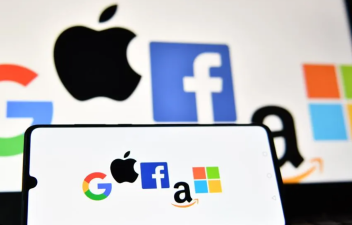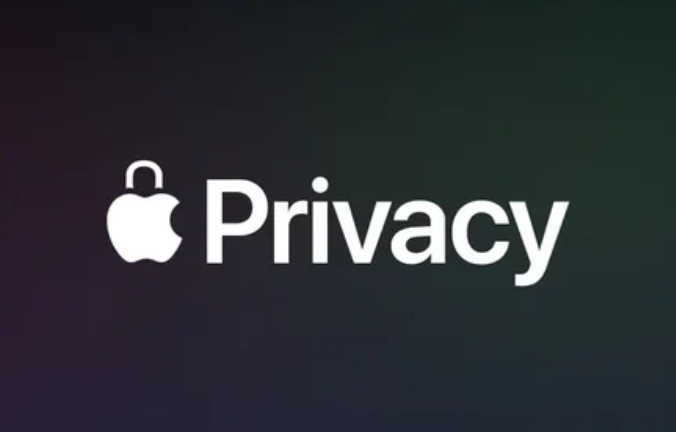
With the increasing popularity of the internet and technological advancements, users' online privacy and security are receiving increasing attention.
Recently, Apple has implemented a series of creative strategies aimed at raising public awareness of privacy protection and encouraging iPhone users to switch to the built-in Safari browser.
It even released a thriller video ad reminiscent of "Black Mirror" to emphasize the importance of privacy protection. Meanwhile, Chrome, the world's most popular browser, has also been embroiled in controversy over privacy issues.

Chrome and the Privacy Controversy
As the world's most popular browser, Chrome's massive user base is also fraught with privacy controversies. Chrome uses tracking cookies by default, potentially allowing user behavior and preference data to be used for purposes such as targeted advertising. Although Chrome offers an incognito mode, it doesn't completely prevent third parties from collecting user data, which to some extent undermines users' expectations of privacy.
Safari's Privacy Protections
Compared to Chrome, Safari offers more robust privacy protections.
First, Safari disables extensions that grant website access by default, reducing the potential for data leaks.
Second, "Search Suggestions" are generated locally on the device and are not uploaded to servers, minimizing the risk of data misuse. More importantly, Safari offers a "Lock Incognito" feature, allowing users to unlock the Incognito window using Face ID, significantly enhancing privacy and security during browsing.

Future Trends in Privacy Protection
Although Safari offers clear advantages in privacy protection, it's not perfect. Third parties may still collect user data through various means. Therefore, users need to be more cautious about their online privacy.
Therefore, it's important to take additional measures to enhance your privacy. For example, using a virtual private network (VPN) service can provide an additional layer of encryption for your data transmission, enhancing data security.
- Choose a privacy-focused browser: In addition to Safari, there are other privacy-focused browsers on the market, such as DuckDuckGo and Brave. These browsers typically offer stricter privacy settings by default to maximize user privacy.
- Clear your browser cache regularly: Clearing your browser cache and cookies regularly can help reduce the traces of your personal information left online and mitigate the risk of privacy leaks.
- Use extensions with caution: While extensions can add many useful features to browsers, they can also be a channel for privacy leaks. Users should carefully select and install reputable extensions and regularly check that installed extensions are still in use.
